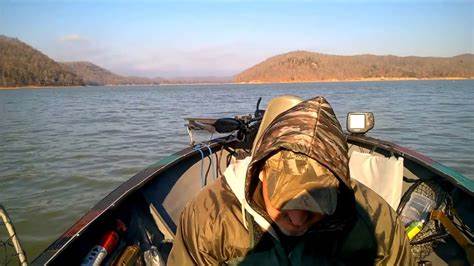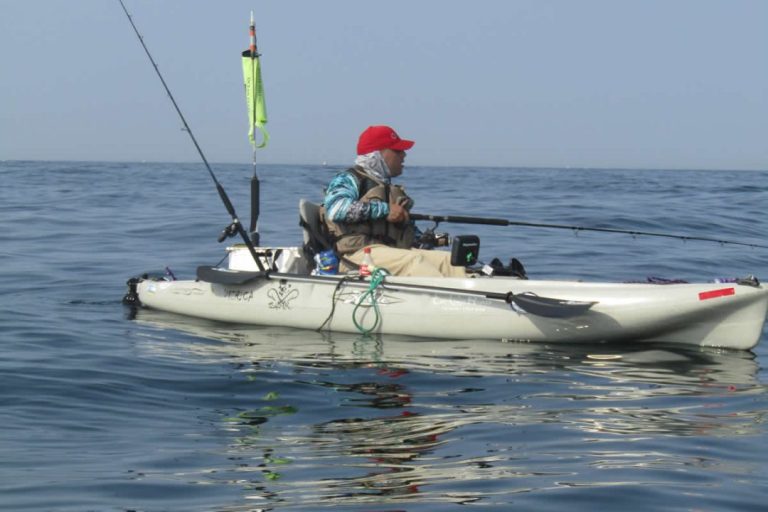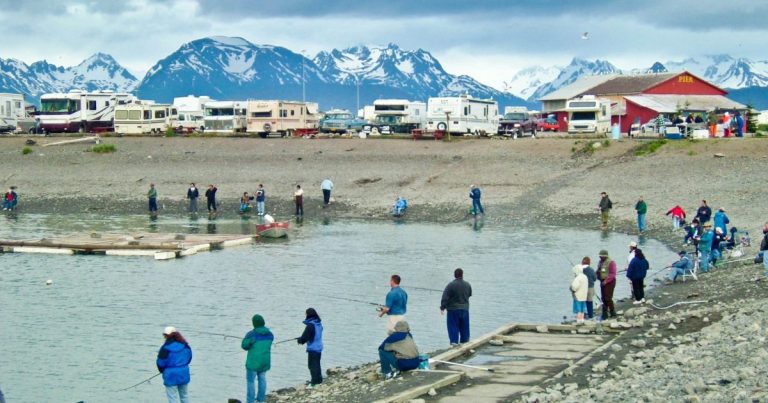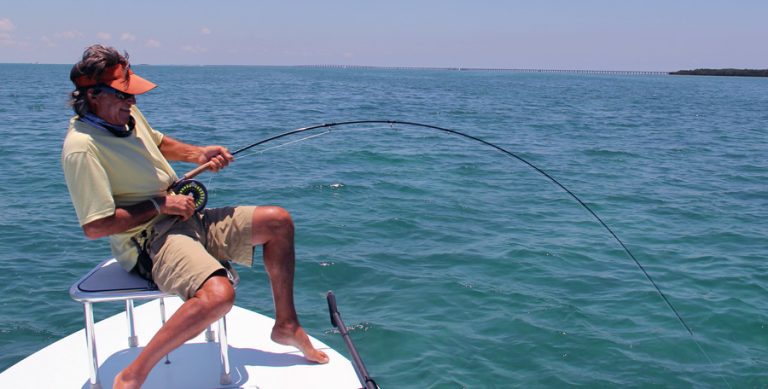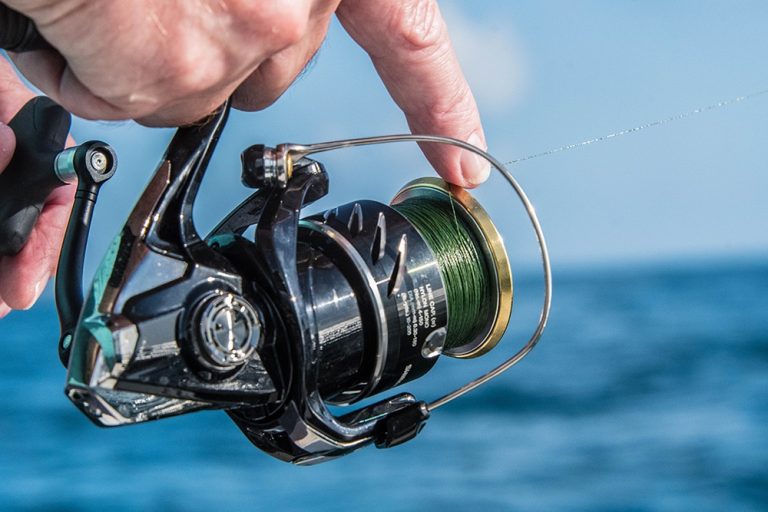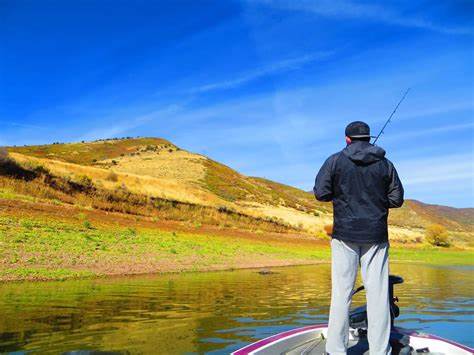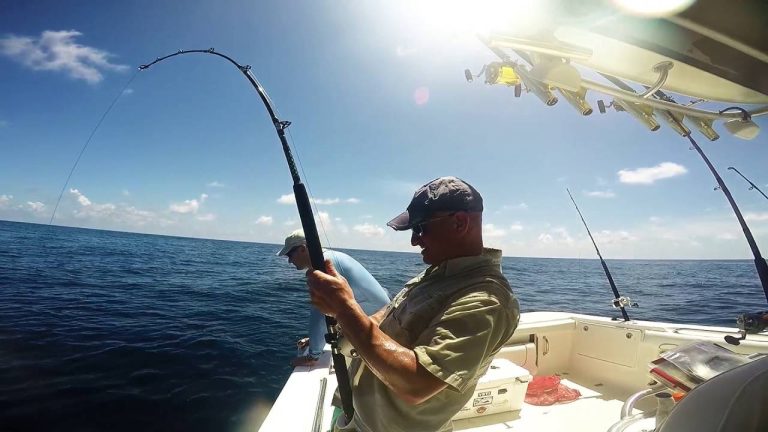Fishing in America’s diverse waters is a bucket-list experience for many international visitors. From Florida’s tropical flats to Alaska’s pristine rivers, the United States offers world-class angling opportunities. However, navigating fishing license requirements as a non-resident can be complex since regulations vary significantly between states. This comprehensive guide provides everything international visitors need to know about obtaining and understanding US fishing licenses.
Understanding the US Fishing License System
Unlike many countries with national fishing licenses, the United States operates primarily on a state-by-state basis. Each of the 50 states maintains its own fishing regulations, license requirements, and fee structures.
The primary distinctions international visitors need to understand:
- Freshwater vs. Saltwater Licenses: Many coastal states require separate licenses for each
- State Jurisdiction: Licenses are generally valid only within the issuing state
- Federal Waters: Some offshore fishing (beyond state territorial boundaries) may require additional federal permits
- Validity Periods: Options typically range from 1-day to annual passes
Why Fishing Licenses Matter
Fishing licenses serve two critical purposes for international visitors:
- Legal Compliance: Fishing without a proper license can result in substantial fines (typically $50-500 depending on the state) and potentially affect future visa applications
- Conservation Funding: License fees directly fund fish habitat restoration, stocking programs, and conservation research
According to the U.S. Fish and Wildlife Service, fishing license sales generate over $700 million annually for conservation efforts nationwide.
Popular Fishing Destinations for International Visitors
The following table highlights key information for states most frequently visited by international anglers:
| State | Non-Resident License Cost | Saltwater/Freshwater | Purchase Options | Special Requirements |
|---|---|---|---|---|
| Florida | $17/3-days, $30/7-days, $47/annual (freshwater) | Separate licenses required | Online, retail locations | Snook, lobster, and tarpon permits available |
| Alaska | $25/1-day, $45/3-day, $70/7-day, $140/annual | Single license covers both | Online, local vendors | King salmon stamp required ($15/day) |
| California | $54.65/1-day, $142.05/annual | Separate ocean enhancement stamp | Online, sporting goods stores | Report card required for certain species |
| Texas | $16/1-day, $45/annual | Single license covers both | Online, retail vendors | Red drum tag included with license |
| Michigan | $10/1-day, $34/annual | Single license covers both | Online, retail locations | All-species license includes trout/salmon |
For extensive information on Florida’s fishing license requirements, visit our Florida fishing license guide.
Documentation Requirements for International Visitors
International visitors should prepare the following when purchasing a US fishing license:
- Valid passport or other government-issued ID
- Proof of non-residency (tourist visa or entry documentation)
- Credit card or cash for payment
- Travel itinerary (for appropriate license duration)
Most states do not require proof of address for non-resident licenses, making the process straightforward for international travelers.
How to Purchase Fishing Licenses as an International Visitor
Online Purchase Options
The most convenient method for international visitors is purchasing online before your trip:
- Visit the official state wildlife agency website (links provided in table above)
- Select “Non-Resident” or “Tourist” license option
- Enter your passport information and payment details
- Print or download your license to your mobile device
Many states have moved to digital licensing systems that allow for immediate access via smartphone apps.
For California-specific guidance, check our detailed California fishing license guide.
In-Person Purchase Locations
If you prefer purchasing in person, these options are available in most states:
- Sporting goods stores (Bass Pro Shops, Cabela’s, etc.)
- Walmart sporting goods departments
- Bait and tackle shops
- State wildlife agency offices
- Some convenience stores in popular fishing areas
For Texas-specific information, visit our Texas fishing license guide.
Special Permits and Endorsements
Beyond basic fishing licenses, international visitors should be aware of additional permits required for certain species or activities:
Species-Specific Permits
- Florida Snook Permit: Required for possessing snook ($10 additional fee)
- Tarpon Tag: Required in Florida before harvesting tarpon ($51.50 per fish)
- Lobster Permit: Required for spiny lobster in Florida waters ($5)
- Salmon/Steelhead Validation: Required in Pacific Northwest states
Learn more about Florida’s special permits at our Florida fishing regulations page.
Location-Specific Requirements
- Trout Stamps: Required in many states for designated trout waters
- Federal Reef Fish Permit: Required for certain offshore species in the Gulf of Mexico
- National Park Fishing: Some national parks have special permit requirements
Common Exemptions for International Visitors
Several important exemptions may apply to international visitors:
Charter Fishing Exemptions
In many coastal states, international visitors fishing on licensed charter boats are covered by the captain’s license and do not need individual licenses. This applies in:
- Florida
- Texas
- California (ocean only)
- Alaska (with exceptions for certain species)
- New York
These exemptions make deep-sea fishing trips particularly accessible for international visitors.
For charter fishing opportunities in Alabama, see our Alabama fishing guide.
Age Exemptions
Most states offer age exemptions that apply equally to residents and international visitors:
- Children: Generally under 16 years old (varies by state)
- Seniors: Some states offer exemptions or discounts for seniors (typically 65+)
Age exemptions can vary significantly. For instance, check our Indiana fishing license age guide for state-specific details.
Free Fishing Days
Many states designate certain days where all fishing license requirements are waived:
- National Fishing and Boating Week (early June): Many states offer free fishing
- State-specific holidays and events
- Winter free fishing weekends in northern states
International visitors planning trips around these dates can fish without purchasing a license.
Conservation Regulations for International Anglers
International visitors should familiarize themselves with key conservation regulations:
Catch Limits and Size Restrictions
- Bag limits: Maximum number of fish you can keep per day
- Size limits: Minimum or maximum size for harvested fish
- Slot limits: Fish must be within a specific size range
These limits frequently change and vary by water body even within the same state. For Massachusetts-specific regulations, see our Massachusetts fishing regulations guide.
Prohibited Fishing Methods
Certain fishing methods common in other countries may be prohibited in US waters:
- Multiple hooks (more than three points on a single line)
- Certain net types for recreational fishing
- Spearfishing in freshwater (prohibited in most states)
- Use of fish traps or certain bait types
Protected Species and Areas
International visitors should be aware of:
- Endangered species protections
- No-take zones and marine sanctuaries
- Seasonal closures for spawning periods
For Alaska’s specific protections, visit our Alaska fishing regulations page.
Digital Tools for International Anglers
Several smartphone applications can help international visitors navigate US fishing regulations:
- FishRules App: Provides regulations based on GPS location
- Fishbrain: Offers location-specific regulations and fishing spots
- Official state wildlife agency apps: Many states offer their own applications
For more digital resources, see our 10 must-have fishing apps guide.
State-Specific Highlights for International Visitors
Florida: International Angler’s Paradise
Florida attracts the highest number of international fishing tourists annually, offering:
- Separate freshwater and saltwater licenses
- Charter boat exemptions for most saltwater fishing
- Special permits for targeted species
For complete Florida information, see our Florida fishing license cost guide.
Alaska: World-Class Salmon Fishing
Alaska offers unique opportunities with some specific requirements:
- King salmon stamps required for targeting Chinook salmon
- Relatively high non-resident fees compared to other states
- Remote area considerations for license acquisition
Learn more about Alaska fishing licenses at our Non-resident Alaska fishing license guide.
Great Lakes Region: Multi-State Considerations
International visitors fishing the Great Lakes should note:
- Boundary water agreements between states
- Michigan’s all-species license covering Great Lakes and inland waters
- Canadian border water considerations
For Michigan-specific information, see our Michigan fishing license guide.
Frequently Asked Questions for International Visitors
Do I need a US fishing license if I’m only visiting for a short time?
Yes, even for single-day fishing trips, a valid license is required regardless of your citizenship or length of stay. Most states offer short-term licenses specifically designed for visitors (1-day, 3-day, or 7-day options).
Can I use my fishing license from one state in another state?
Generally, no. Each state issues its own fishing licenses that are only valid within that state’s boundaries. A few limited reciprocal agreements exist between neighboring states for specific boundary waters.
What happens if I’m caught fishing without a license as an international visitor?
Penalties typically include fines ranging from $50 to $500 depending on the state and circumstances. While rare, serious or repeated violations could potentially affect future visa applications or entry permissions.
Are there any nationwide fishing licenses available for travelers visiting multiple states?
Unfortunately, no nationwide fishing license exists. International visitors planning to fish in multiple states must purchase separate licenses for each state they fish in.
Conclusion
Fishing in US waters offers international visitors incredible opportunities to experience America’s diverse aquatic ecosystems and sportfishing traditions. By understanding license requirements, following conservation regulations, and properly preparing before your trip, you’ll ensure a smooth, legal, and enjoyable angling experience.
For the most current information and state-specific details, always consult the official state wildlife agency websites or visit US Fishing Licenses for comprehensive guides and resources tailored to each state.



